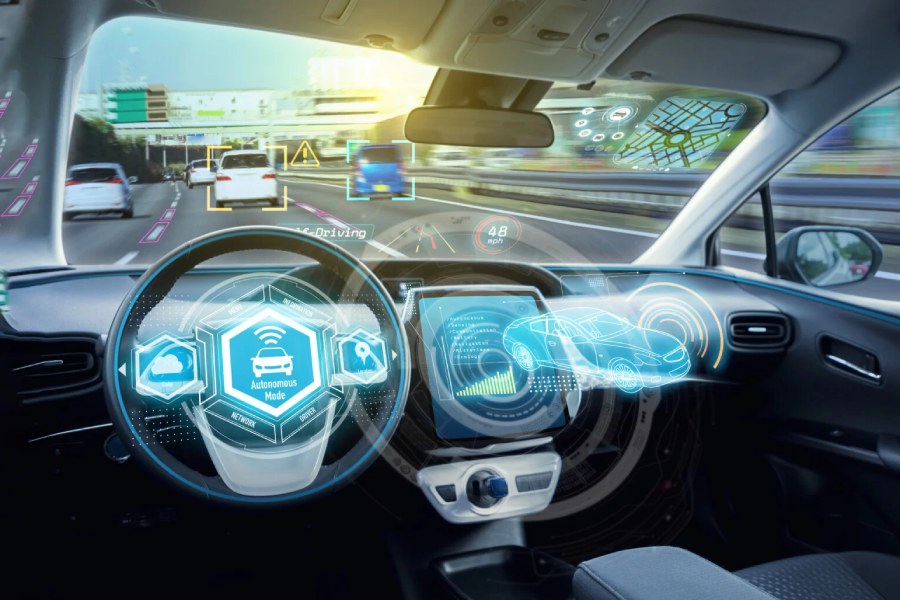The rise of autonomous vehicles (AVs) has sent shockwaves through the traditional insurance industry. Insurers grapple with assigning blame in accidents involving self-driving cars. If a crash occurs, is it the fault of the car’s manufacturer, the software developer, or perhaps the passenger who wasn’t paying attention?
This ambiguity creates a challenge for traditional insurance policies, which are designed for human drivers. InsurTech startups are stepping in to address this by developing new insurance models specifically for AVs. Some possible solutions being explored include:
Shared Liability Models: These policies could assign liability based on a predetermined formula, depending on whether the car was in autonomous mode or under manual control at the time of the accident.
Conditional Autonomous Driving (CAD) Coverage: As AV technology matures, there will likely be a period where cars can switch between self-driving and manual modes. Insurance could adapt to cover these transitions and the potential for human error during manual control.
Cybersecurity Endorsements: Since AVs rely heavily on software, there’s a risk of hacking or malfunctions. InsurTech companies are developing endorsements to traditional insurance policies that cover damages caused by cyberattacks.
The development of AV insurance is ongoing, and collaboration between InsurTech companies, traditional insurers, lawmakers, and car manufacturers will be crucial to establish a fair and sustainable insurance framework for the future of autonomous driving.





